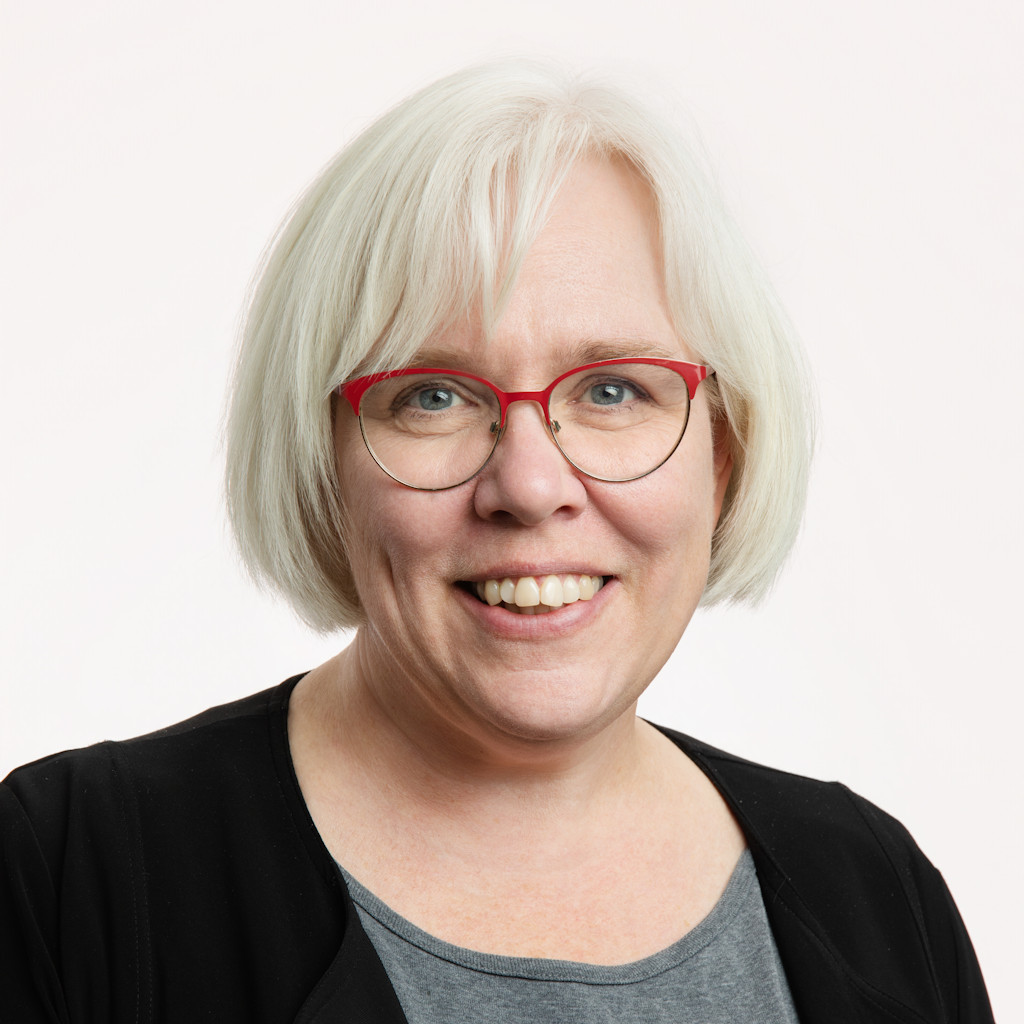
Future Fields gets funding to scale fruit-fly-powered biomanufacturing
By
 Karen Unland
Karen Unland
Edmonton will be the site of the world's first production facility for recombinant protein derived from fruit flies after Future Fields secured US$11.2 million in funding from investors and the federal government.
The Feb. 22 funding announcement filled co-founder and CEO Matt Anderson-Baron with a mixture of excitement, pride, and relief, he said. The company had been hoping to close a round in 2022, but it took a bit longer than expected to secure venture capital in a cooling market.
"Capital is just not being deployed the way it used to even a year ago — it's just changed dramatically," Anderson-Baron told Taproot. "So to come out of it on the other side, with a good amount of resources to keep building the company, there's obviously an immense amount of relief and just general excitement for the future."
Bee Partners increased its stake and brought in Toyota Ventures, the venture arm of the Toyota Motor Company, which sees huge potential in the power of the company's patented EntoEngine to produce proteins needed for medical research and biopharmaceuticals more sustainably than current methods.
"Traditional bioreactors are expensive, wasteful, and capacity-limited," Toyota Ventures founder Jim Adler said in a post on the investment. "It is time for disruptive innovation. We applaud Future Fields' cost-effective, sustainable, and scalable biomanufacturing platform to fuel biotechnology's next life-saving inventions."
The money will help Future Fields increase its team from about 35 now to 50 by the second quarter of 2024. And it will fund the development of a 6,000-square-foot manufacturing facility next to its headquarters at 11130 105 Avenue NW. The genetically modified fruit flies used in the production of proteins won't be reared in the facility, but the biomass they generate will be processed there, adhering to the standards of GMP (Good Manufacturing Practices), which is required for pharmaceutical production.
Anderson-Baron said he and co-founder Jalene Anderson-Baron are proud to be building this in Edmonton. "It's a big part of our story," he said. "We wanted to stay here, plant our roots here, and build our company."
The biotech talent graduating from the University of Alberta is top-notch, and costs are much lower here, he said, which helped Future Fields reach this point.
"When I'm talking to investors, they're shocked at how capital-efficient we can be," Anderson-Baron said. "Space is just incredibly cheap here relative to a lot of other hubs in the startup world."



